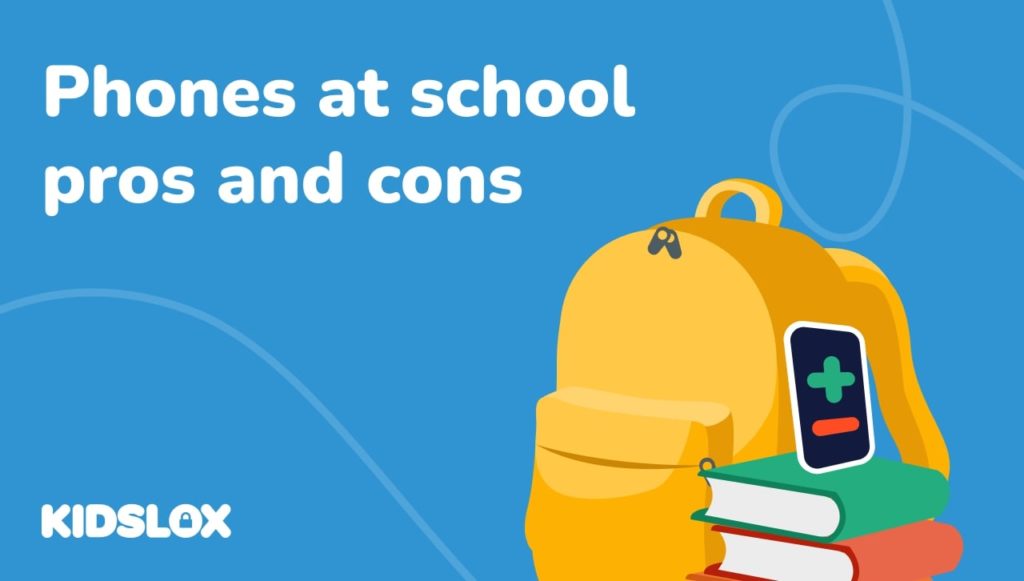Connecting or Disconnecting? Exploring the Advantages and Disadvantages of Smartphones in Our Lives
Smartphones have revolutionized the way we communicate and access information, but their omnipresence can also have negative consequences. While they offer unparalleled connectivity and convenience, they can also lead to addiction, distraction, and negative effects on mental health. As we continue to rely on smartphones for work, socializing, and entertainment, it is important to find a balance between connectivity and screen time. By utilizing the positive aspects of smartphones while being mindful of the negative effects, we can maintain a healthy relationship with these devices and ensure that they enhance rather than detract from our lives.

Pros of Smartphones
Smartphones have undoubtedly transformed the way we connect with others and navigate the world. From staying in touch with family and friends to accessing important information and work-related tasks, these devices have made life more convenient and efficient. They offer unparalleled levels of connectivity and enable us to communicate and collaborate with others no matter where we are. Moreover, the ability to work remotely using smartphones has revolutionized the way we approach our jobs, offering greater flexibility and autonomy. The benefits of smartphones in terms of connectivity and productivity cannot be overstated, and they continue to be a vital part of modern life.
The convenience that smartphones offer is undeniable. With everything we need at our fingertips, we can accomplish tasks more efficiently and with greater ease. Whether it’s checking our schedules, ordering groceries, or listening to music during our daily commute, smartphones allow us to complete these tasks quickly and effortlessly. Additionally, smartphones can help us navigate unfamiliar territory with the aid of GPS and maps, ensuring that we never get lost. Their versatility and portability make them indispensable tools that simplify our lives and allow us to stay on top of our responsibilities, even when we’re on the move. Smartphones also provide access to a vast amount of entertainment, from streaming services to social media, which can be a source of enjoyment and relaxation during downtime.
Cons of Smartphones
Furthermore, smartphones can also contribute to a sense of isolation and disconnection from the real world. Despite providing us with a means of staying connected, excessive use of these devices can create a barrier to forming meaningful relationships and engaging in face-to-face communication. Additionally, the convenience of smartphones can lead to a lack of physical activity and a sedentary lifestyle, which can have negative effects on our physical and mental health. It is important to recognize the potential drawbacks of smartphone use and to find a balance that promotes both connectivity and well-being.
Smartphones can also have a negative impact on social interactions, as they can create a sense of disconnection between people in real life. The constant need to check notifications or messages can take away from meaningful face-to-face conversations, and the use of smartphones in social settings can be seen as rude or even addictive. In some cases, excessive smartphone use can lead to social isolation and loneliness, as people may prioritize their virtual relationships over their real-life connections. It is important to strike a balance between staying connected through technology and maintaining strong, in-person relationships.
Balancing Connectivity and Screen Time
To balance the benefits and drawbacks of smartphones, we need to approach our usage mindfully. We can set boundaries on our smartphone usage by designating specific times of day to check our devices, turning off notifications, and limiting screen time. Additionally, we can prioritize face-to-face interactions and build meaningful relationships with those around us. By being intentional about our smartphone use, we can harness the benefits of these devices while avoiding the negative effects they can have on our mental health and social lives.
To maintain a healthy relationship with smartphones, setting boundaries is crucial. One way to achieve this is to establish “tech-free” times and spaces, where we intentionally disconnect from our devices. This approach can provide us with a much-needed break from the constant stimulation of screens, allowing us to focus on other aspects of our lives. Whether it’s spending quality time with loved ones, pursuing our passions, or simply taking a moment to relax, being intentional about our smartphone use can help us strike a balance that supports our overall well-being.
It’s important to be aware of the amount of time we spend on our smartphones, as excessive use can lead to burnout and negative effects on our mental health. Setting limits on screen time and taking regular breaks can help us maintain a healthy balance between our virtual and physical worlds. By being mindful of our smartphone use, we can enjoy the benefits of staying connected while also engaging in meaningful face-to-face interactions and pursuing other aspects of our lives.
In today’s society, smartphones are an essential part of our daily lives, providing us with unprecedented levels of connectivity and convenience. However, they can also have negative impacts on our mental health and social interactions. It is crucial that we establish boundaries and limit our screen time to avoid these negative effects while still enjoying the many benefits of smartphones. By being mindful of our smartphone use and finding a balance between the pros and cons, we can maintain a healthy relationship with these devices and continue to benefit from the endless possibilities they offer.
Image Source : Kidslox






